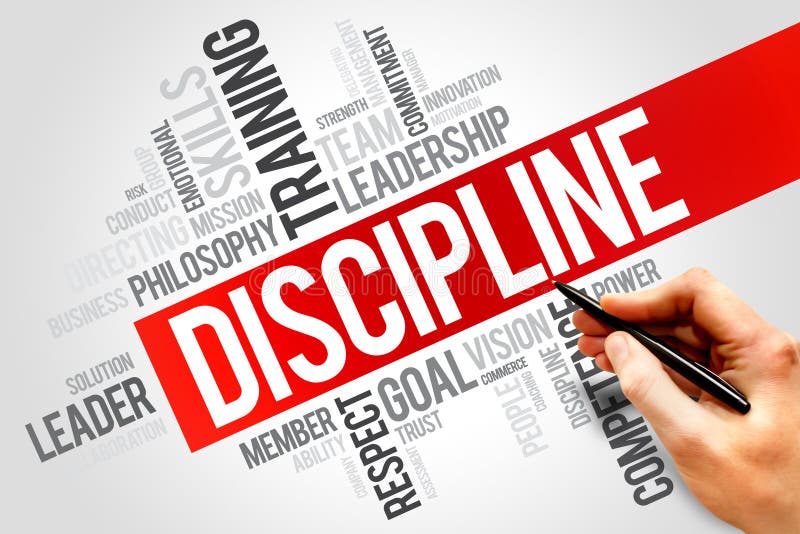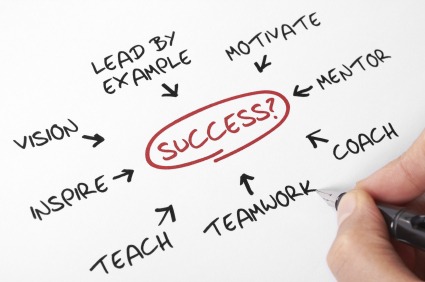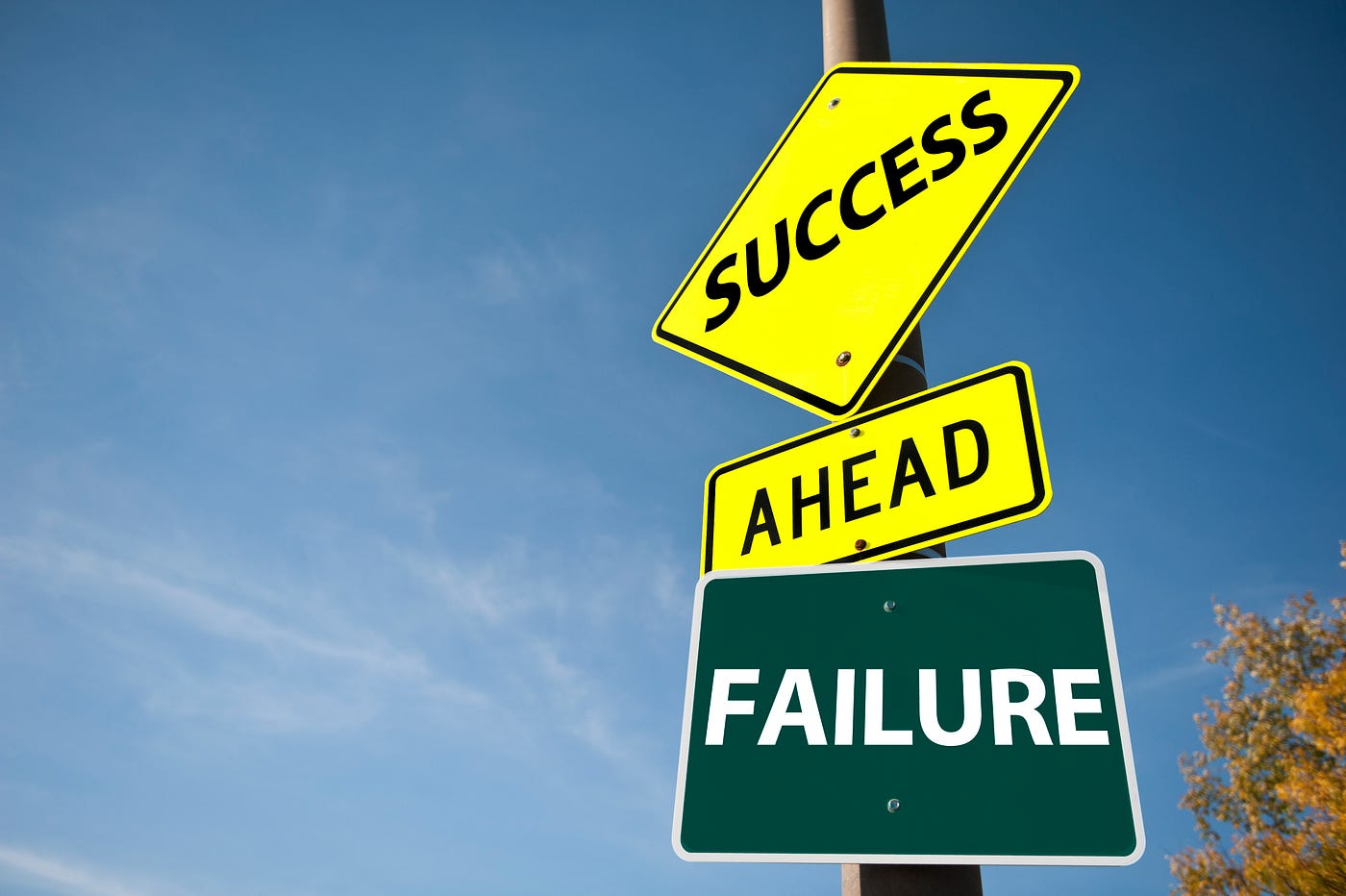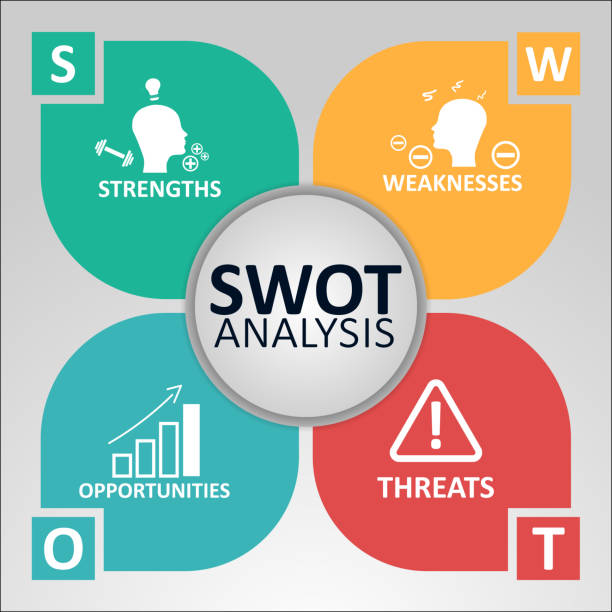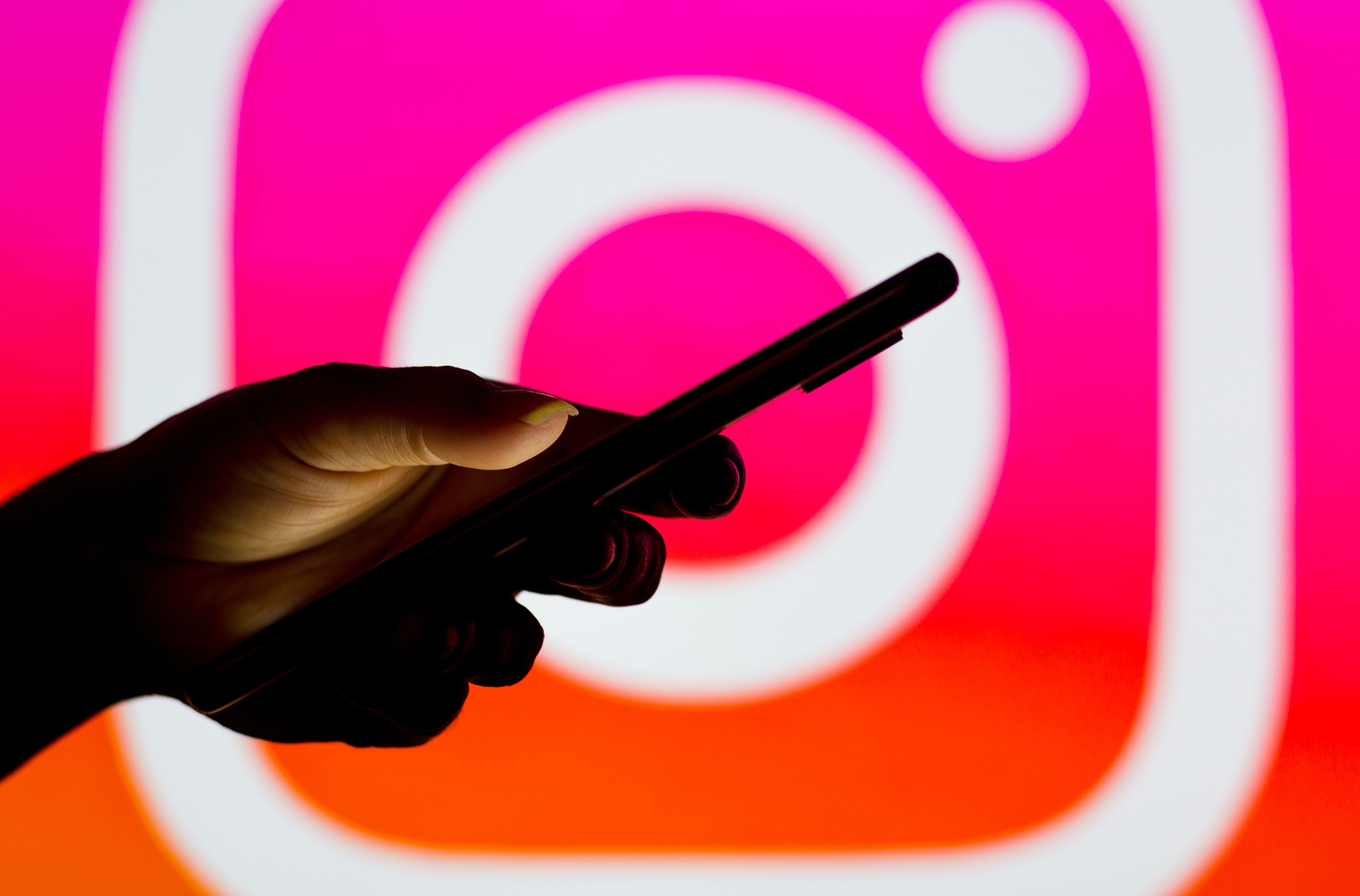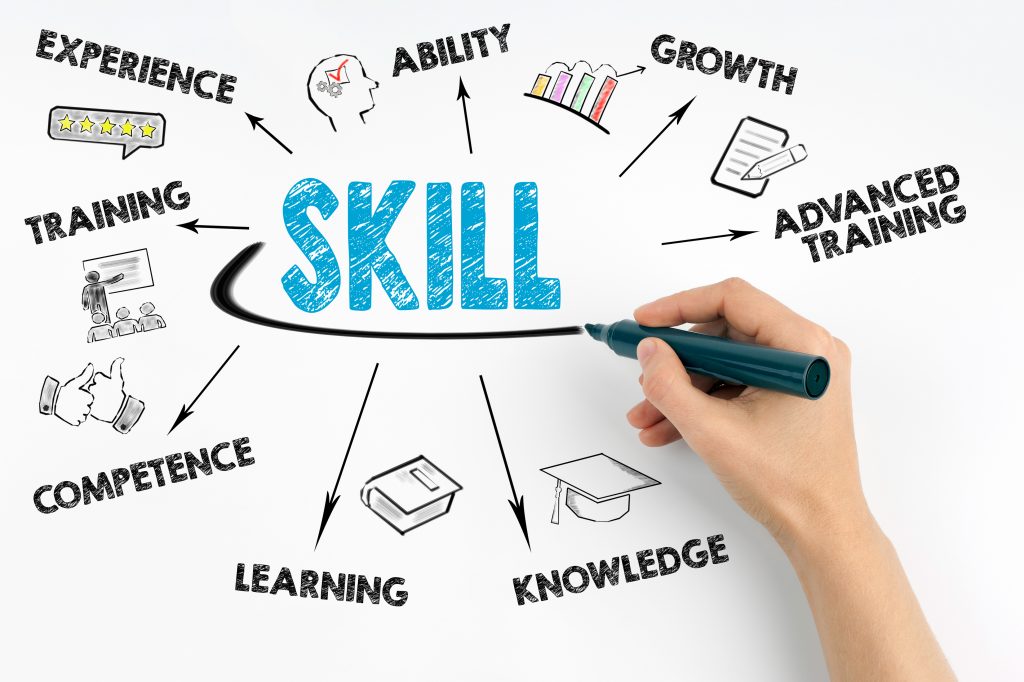
Effective communication is a cornerstone of success in personal and professional spheres. Developing strong communication skills involves a combination of active listening, empathetic responses, clear expression, and the ability to adapt to different situations. By honing these abilities, you can establish meaningful connections, convey ideas persuasively, and navigate various social interactions with confidence.
1. Active Listening: Pay close attention to what others are saying without interrupting. Show genuine interest in their words and avoid forming responses in your mind while they're speaking.
2. Empathy: Put yourself in the other person's shoes to understand their perspective and emotions. This helps you respond in a more compassionate and considerate manner.
3. Clear Expression: Organize your thoughts before speaking. Use clear and concise language to convey your message. Avoid jargon or complex vocabulary if it's unnecessary.
4. Nonverbal Communication: Be aware of your body language, facial expressions, and gestures. Maintain eye contact, use open posture, and offer a friendly smile.
5. Ask Questions: Use open-ended questions to encourage conversation and gather more information. This shows your interest in the topic and the person you're speaking to.
6. Practice Empathetic Responses: Respond to others' emotions with empathy. Phrases like "I understand how you feel" or "That must have been challenging" show you're attentive and supportive.
7. Stay Calm: Manage your emotions during conversations. Take deep breaths if you feel anxious and respond thoughtfully rather than reactively.
8. Feedback: Encourage feedback from others on your communication style. Constructive criticism can help you identify areas for improvement.
9. Vocabulary Expansion: Continuously expand your vocabulary to express yourself more precisely and diversely.
10. Public Speaking: Practice speaking in front of a mirror or record yourself. Gradually work on speaking confidently and clearly in front of small audiences.
11. Conflict Resolution: Develop skills to navigate disagreements calmly and constructively. Focus on finding solutions rather than escalating the conflict.
12. Storytelling: Master the art of storytelling to make your communication engaging and relatable. Craft narratives that capture attention and convey your point effectively.
13. Cultural Sensitivity: Be mindful of cultural differences that might influence communication styles and norms. Adapt your approach accordingly.
14. Read Widely: Reading books, articles, and diverse content can improve your language skills, vocabulary, and general knowledge.
15. Practice Regularly: Engage in conversations regularly, whether in person, over the phone, or through writing. The more you practice, the more confident you'll become.
Remember, building effective communication skills is a continuous process. Be patient with yourself, seek feedback, and focus on gradual improvement. Effective communication enhances relationships, boosts confidence, and opens doors to various opportunities. enhancing your communication skills is an investment that pays off in all aspects of life. As you refine your ability to connect, understand, and express yourself, you're not just improving conversations – you're cultivating relationships, fostering collaboration, and paving the way for personal and professional growth.
Thank you for reading....






